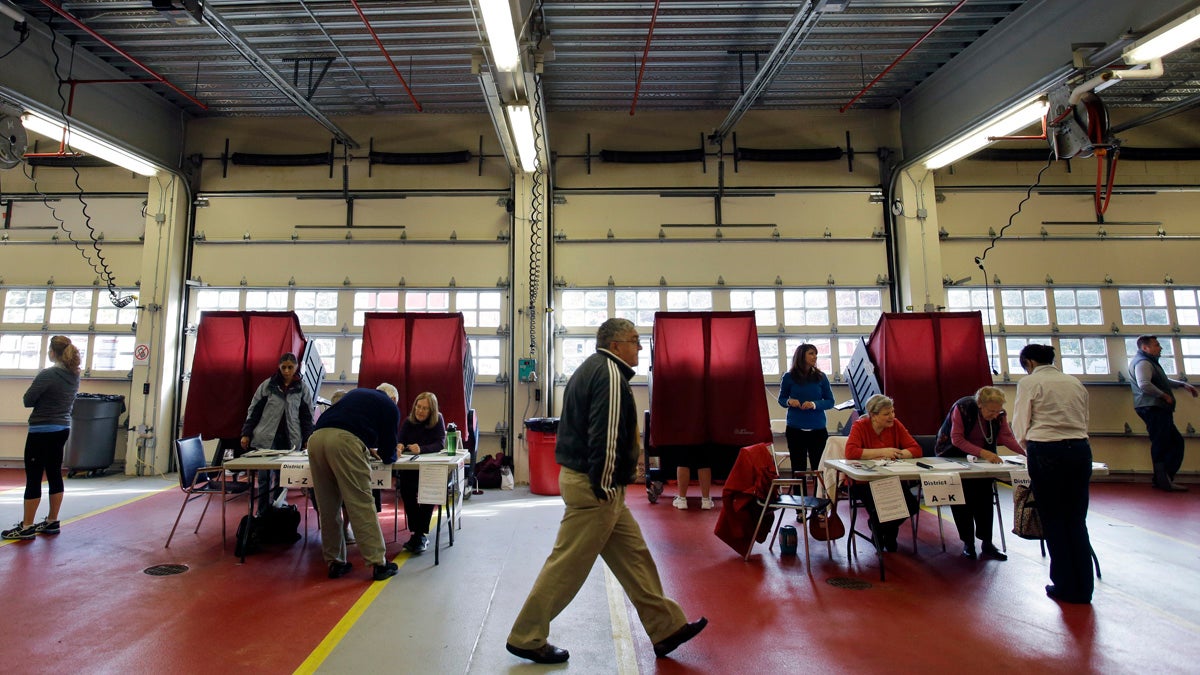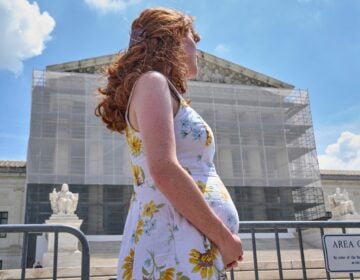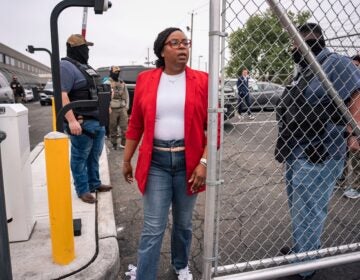Push to restore voting rights to those with criminal records advances in N.J.
Blacks make up about 15 percent of New Jersey's population, but represent about half of those who cannot vote because of a criminal conviction.

About 5 percent of New Jersey's black voting-age population cannot participate in the political process, according to the Institute for Social Justice. That's more than twice the rate in neighboring New York and Pennsylvania. (AP file photo)
More than 94,000 New Jersey residents with criminal convictions are prohibited from voting, but civil rights groups are pushing for that to change.
Blacks make up about 15 percent of New Jersey’s population, but represent about half of those who cannot vote because of a criminal conviction.
That disproportionately reduces the political power of black communities, said state Sen. Ron Rice, because of systemic racism in the criminal justice system.
“I believe that every New Jerseyan and every public official concerned with the integrity and legitimacy of our democracy should be ashamed that this practice was born in 1844 at a time when slavery was legal and practiced in our state and has continued for 170 years,” said Rice, D-Essex.
Rice and state Sen. Sandra Cunningham, D-Hudson, plan to introduce legislation to restore voting rights to people on parole, probation, or in prison.
North Jersey resident Ronald Pierce, who is on parole after a criminal conviction, said voting can be an effective part of rehabilitation for those who are incarcerated.
“When a person engages in meaningful dialogue about civic concerns, it opens them up to seeing beyond their personal needs and shifts their focus to issues that affect the community,” he said.
About 5 percent of New Jersey’s black voting-age population cannot participate in the political process, according to the Institute for Social Justice. That’s more than twice the rate in neighboring New York and Pennsylvania.
“If New Jersey is serious about resisting federal efforts to suppress the vote, we have to ensure that more people can vote, not fewer,” said Amol Sinha, executive director of the American Civil Liberties Union of New Jersey. “We need to demonstrate moral leadership. We need to reject an unjust scheme that has amounted largely to just one thing — an official policy of racially based disempowerment.”
Rice and Cunningham said they will introduce the legislation next year.
WHYY is your source for fact-based, in-depth journalism and information. As a nonprofit organization, we rely on financial support from readers like you. Please give today.




